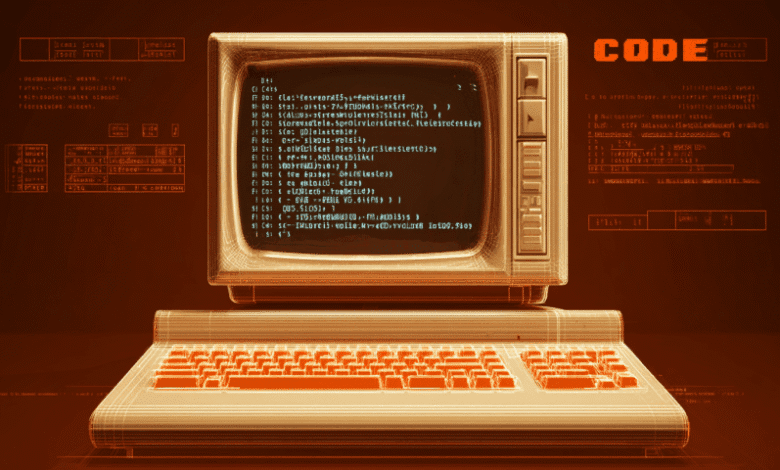Anthropic Launches AI-Powered Security Reviews for Claude Code

▼ Summary
– Anthropic launched automated security review tools for its Claude Code platform to scan for vulnerabilities and suggest fixes, addressing the rapid pace of AI-assisted software development.
– The new features include a terminal command for on-demand code scans and a GitHub Action for automated security reviews during pull requests, integrating directly into developer workflows.
– Anthropic tested the tools internally, catching vulnerabilities like remote code execution and SSRF risks before they reached production, demonstrating real-world effectiveness.
– The security tools aim to democratize access to advanced security practices, especially for smaller teams lacking dedicated security personnel, with easy setup and seamless workflow integration.
– The release coincides with intense AI industry competition, including Anthropic’s Claude Opus 4.1 upgrade and Meta’s aggressive talent recruitment, while highlighting the need for scalable AI-powered security solutions.
Anthropic has rolled out automated security review tools for its Claude Code platform, offering developers AI-powered vulnerability scanning and remediation suggestions. This move comes as businesses increasingly adopt AI-assisted coding, creating an urgent need for security solutions that match the speed of AI-generated software development.
The new features integrate seamlessly into developer workflows through a simple terminal command and automated GitHub reviews. Logan Graham, a key figure in Anthropic’s frontier red team, emphasized the necessity of AI-driven security as coding volumes surge exponentially. With AI models like Claude Opus 4.1 demonstrating improved coding capabilities, the pressure is on to ensure security keeps pace.
AI-generated code presents a unique challenge, traditional manual reviews can’t scale to handle the sheer volume being produced. Anthropic’s solution leverages Claude’s intelligence to detect common vulnerabilities, including SQL injection risks, cross-site scripting flaws, and insecure data handling. Developers can initiate scans with just a few keystrokes, receiving high-confidence assessments and suggested fixes.
The GitHub Action component automatically reviews pull requests, flagging security concerns with inline comments. Anthropic tested these tools internally, catching critical vulnerabilities before they reached production. For example, the system identified a remote code execution flaw in an internal HTTP server and a Server-Side Request Forgery (SSRF) vulnerability in a proxy system, both fixed before deployment.
Smaller development teams stand to benefit significantly, gaining access to enterprise-grade security without dedicated personnel. The tools are designed for immediate use, requiring minimal setup and integrating smoothly with existing workflows. Behind the scenes, Claude employs an “agentic loop” to analyze code systematically, understanding context and security risks across large codebases.
Enterprise users can customize security rules to align with internal policies, thanks to Claude Code’s extensible architecture. The announcement arrives amid fierce competition in AI, with Meta and OpenAI vying for top talent and technological dominance. Anthropic maintains strong employee retention, even as rivals offer massive signing bonuses.
Government agencies now have access to Claude through federal procurement channels, reinforcing Anthropic’s enterprise credibility. While AI-powered security tools won’t replace traditional practices, they’re becoming indispensable as coding accelerates. Graham’s team envisions AI eventually securing critical global software infrastructure.
The tools are available immediately, but the broader question remains: Can AI defenses evolve quickly enough to counter AI-generated risks? For now, the race is on, machines fixing what machines might break.
(Source: VentureBeat)





